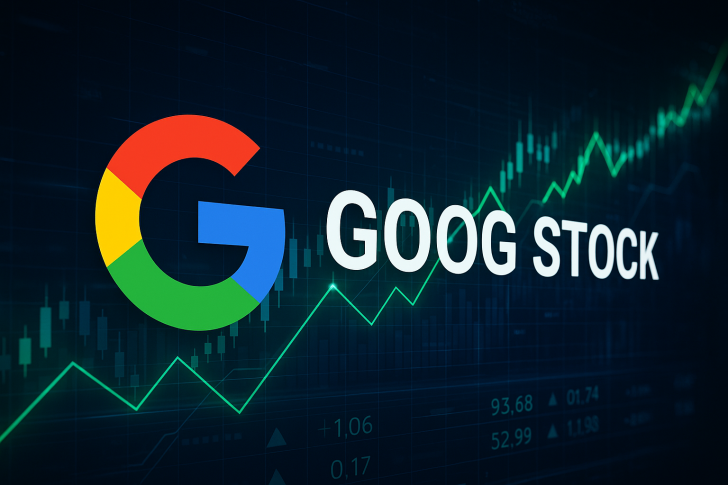Google's grip on digital marketplaces just loosened. The Supreme Court declined to review the company's petition, leaving in place a lower court ruling that demands significant changes to how the Play Store operates. This isn't just another legal headline—it's a shift that could reshape how Google makes money from its app ecosystem. Investors are now calculating what this means for future earnings while the company navigates an increasingly hostile regulatory environment.
What the Ruling Means
Market analyst VectorAnálisis flagged the decision as adding serious legal weight on Google's shoulders. The ruling forces structural changes to the Play Store that could eat into revenue from developer fees and in-app purchases. This fits into a bigger picture: regulators worldwide are tightening the screws on Big Tech, pushing companies like Google, Apple, and Amazon to offer fairer terms. What started as isolated complaints has become a coordinated challenge to how these platforms do business.
Stock Reaction: What the Chart Shows
- Immediate Drop: Shares dipped right after the news broke, showing investors weren't thrilled
- Support Held: The stock found footing at a key level where bigger players started buying
- Resistance Overhead: Buyers couldn't push through the next ceiling, with sellers still in control
- Volume Jumped: Trading activity spiked, confirming the ruling genuinely rattled the market
The technical picture suggests consolidation—traders are waiting to see how much damage this actually does to Google's bottom line.
Why This Matters Beyond Google
This decision could become a blueprint for how digital commerce gets regulated going forward. If developers win better terms, Google takes a revenue hit in the near term. The flip side? Meeting regulatory demands now might save the company from messier legal battles down the road and smooth relations with authorities. Either way, this ruling shows that regulatory risk isn't going anywhere for tech stocks.
 Usman Salis
Usman Salis

 Usman Salis
Usman Salis


